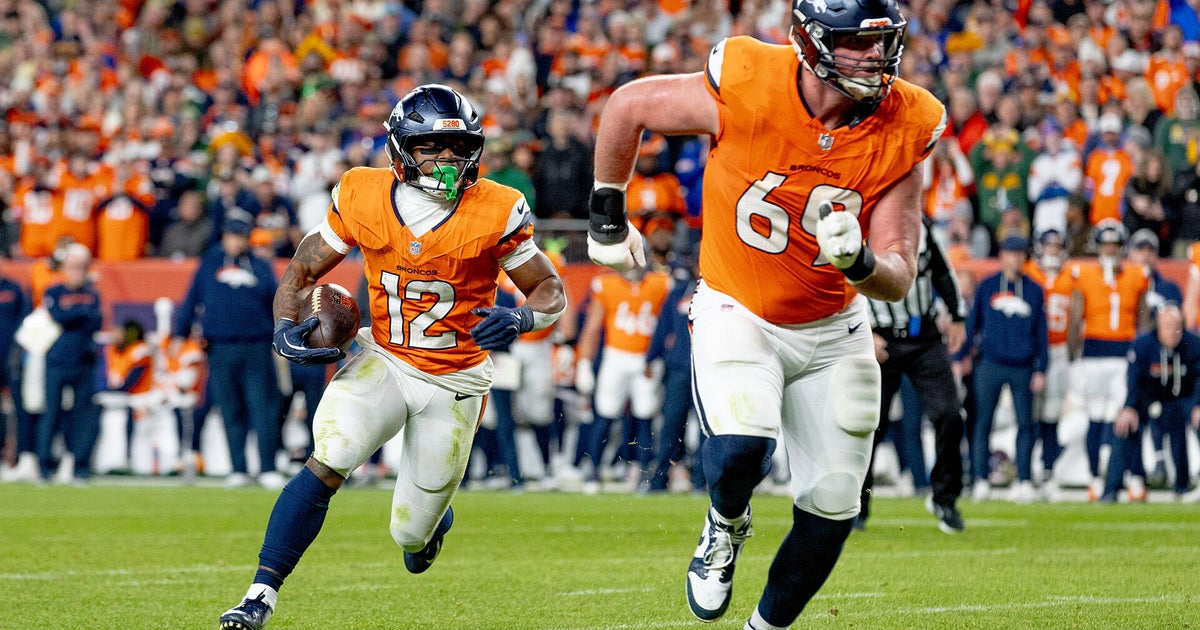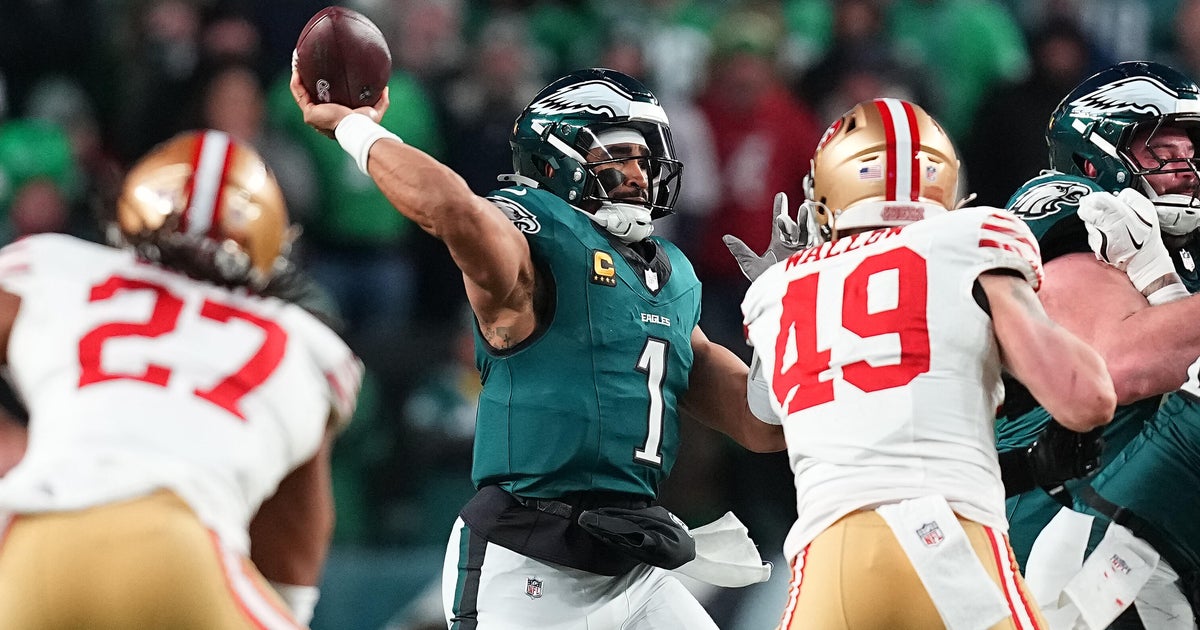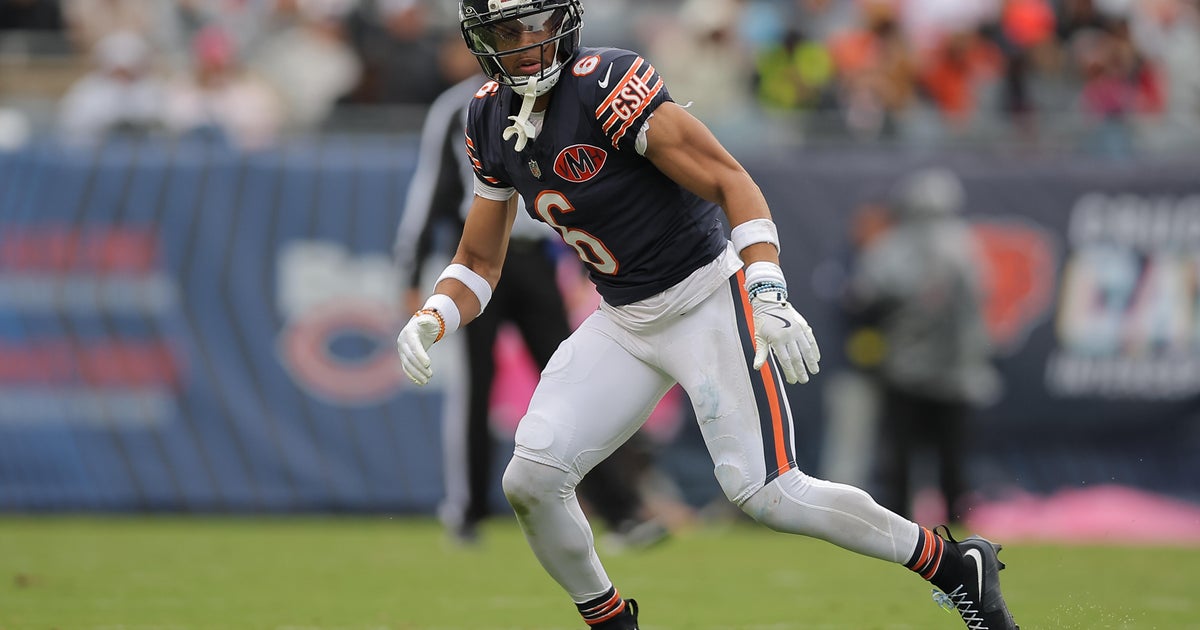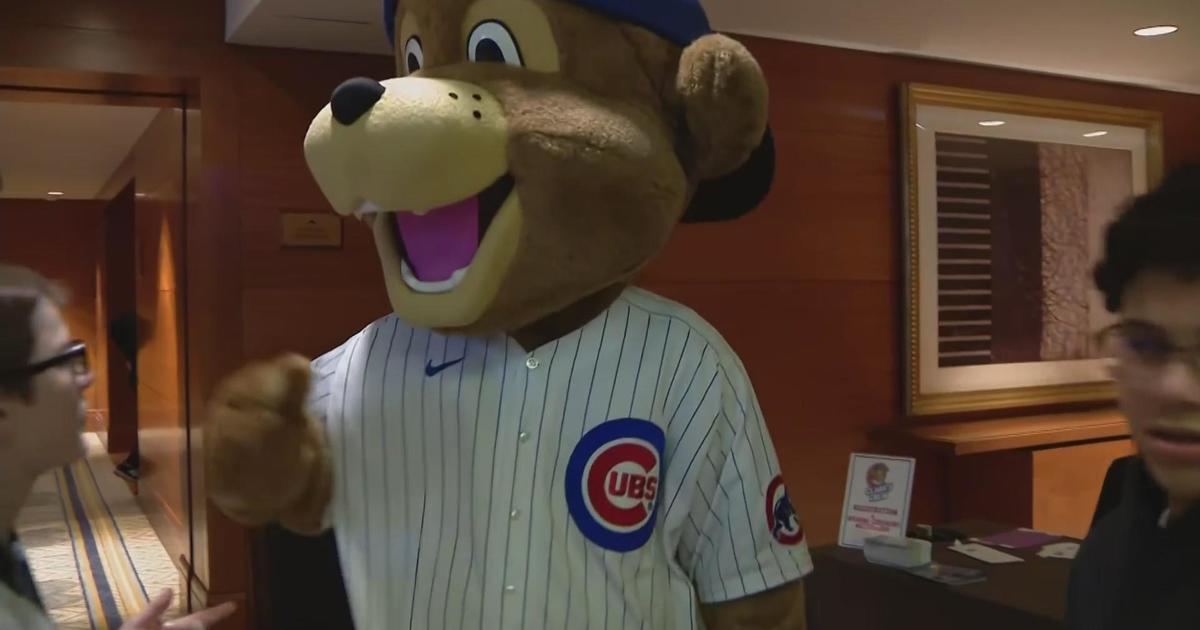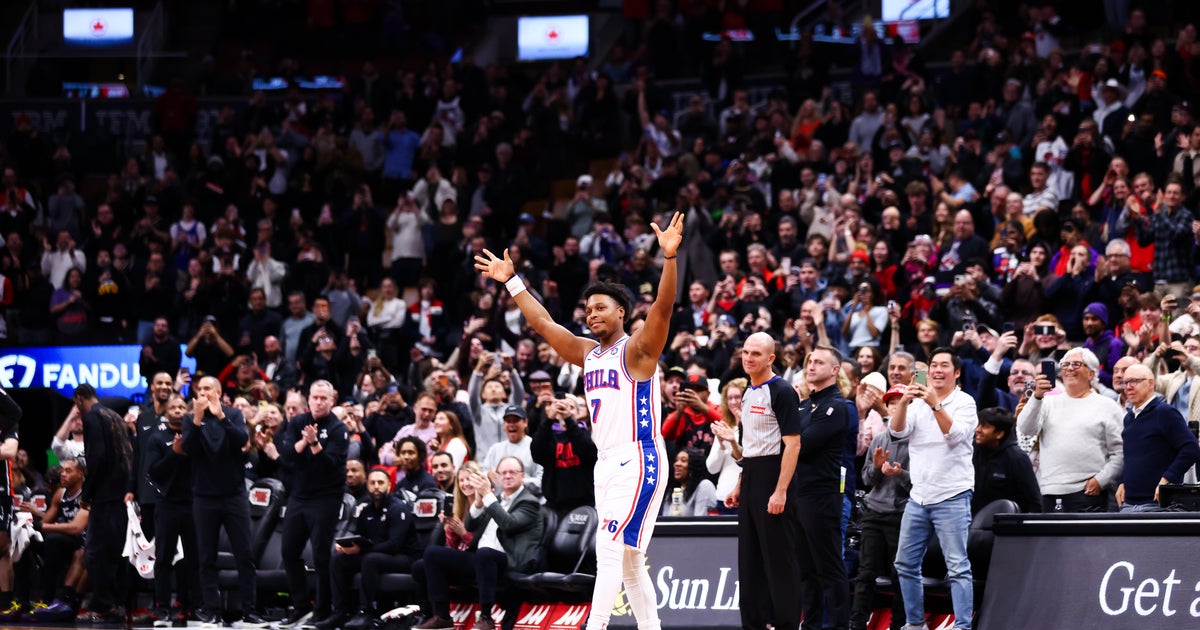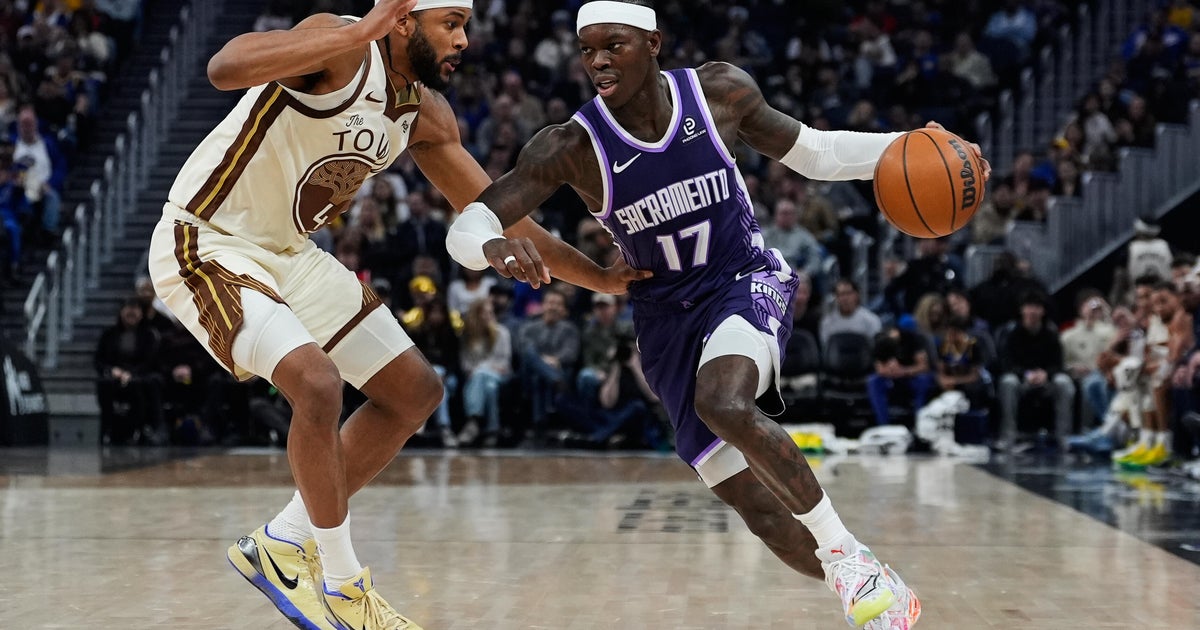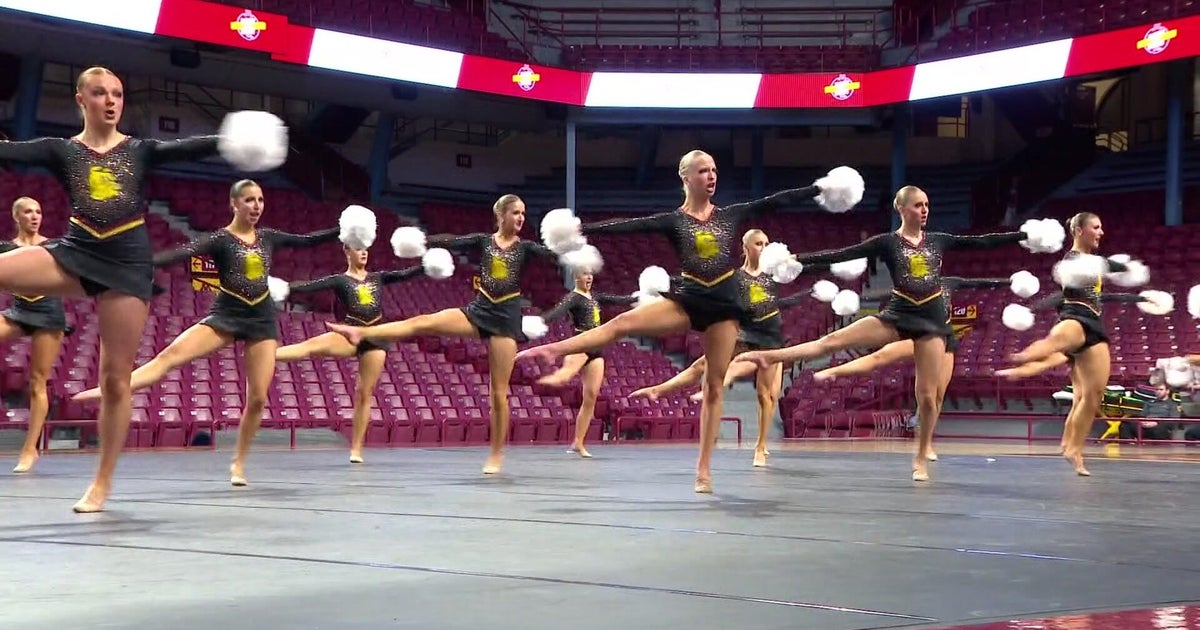American Pharoah Owner Chasing 'Cinderella' Ending At Belmont
NEW YORK (CBSNewYork/AP) — Ahmed Zayat spends big money buying and betting on horses, and brags about how successful he's been at everything he's set out to accomplish.
From buildings to beer to breeding, when Zayat becomes involved in business, he's going for the gusto. No glass half empty for him. He's all in, all the time, consumed at being the best.
Up next? A chance at racing history with American Pharoah in the Belmont Stakes on Saturday. The Kentucky Derby and Preakness winner he owns will attempt to become the 12th Triple Crown champion and first to sweep the races since Affirmed in 1978.
"I'm a driven guy, a competitive guy," says the 52-year-old Zayat, who was born in Egypt and lives in New Jersey. "I'm result oriented. I work hard and have been very successful, and we've made a lot of money over the years."
And if he wins the Triple Crown?
"This would be a Cinderella story," he said.
Along the way, there have been a few cracked slippers, particularly as he rose to prominence in racing. His Zayat Stables filed for bankruptcy in 2010 when his bank said there were $34 million in unpaid loans. In the filing, he disclosed he had made loans to two brothers who a few years later pleaded guilty to operating an illegal gambling operation. The stable eventually climbed out of financial trouble, and recovered.
All wasn't behind him. In March, a man filed a $1.65 million lawsuit contending he fronted Zayat money for bets at offshore casinos in 2003, but was never repaid.
The case has escalated as the Triple Crown finale nears, with the attorney behind the suit tacking on a $10 million libel claim based on comments Zayat made defending himself.
"It's sad, really sad," Zayat said Tuesday at Belmont Park before American Pharoah's arrival from Louisville, Kentucky. "To me, this is the moment we should be enjoying as a family and frankly speaking, it's not about me. It's about the horse."
Bob Baffert, who trains American Pharoah, said outside issues come with the territory.
"You have to expect there's always somebody out there that has to bring some kind of a negative scandal and it's not a secret that Mr. Zayat likes to bet," he said recently. "So when you're gambling, there's always somebody out there."
Through it all, Zayat moves forward. With his wife and four children — all Orthodox Jews — the self-proclaimed entrepreneur has spent tens of millions building his 10-year-old stable.
"He so very passionate, but he's a very hyper, emotional man," says Baffert. "And he's easy to set off. But he's fun to be around."
In the winner's circle after the Derby, Zayat celebrated by jumping up and down with Baffert's 10-year-old son Bode. A few days after winning the Preakness, he sold the breeding rights to American Pharoah for what could end up being $30 million.
"At the end of the day he's a businessman," says Baffert. "And he's done really pretty amazing with these horses he's bred and the stallions and the stallion deals. He has to sell these horses, he has to churn the money. You have to sell in order to stay with it."
Next up is the Belmont -- a 1 1/2-mile "test of greatness," in Baffert's words -- which could elevate not just the horse but its entire team, owner included.
Born in the Cairo suburb of Maadi to well-off parents, Zayat was best known in racing for tough breaks until American Pharoah came along. His horses finished second in the Derby three times — Pioneerof the Nile, Nehro and Bodemeister. Eskendereya, a Derby favorite, was injured a week before the race and didn't run. Paynter nearly died from colitis and laminitis but recovered and became a major stakes winner.
Zayat and horses met early. He was sent to private school and learned to ride at a country club. He never went to a racetrack until the mid-1990s, when he went to the Meadowlands. "I loved the buzz, the instant gratification," he recalls. "Make a call and win money a minute and a half later."
He came to the United States to go to college, and earned a master's degree from Boston University in public health administration. His first job out of college was for Zev Wolfson, a New York commercial real estate developer and philanthropist who died in 2012.
"He was the toughest guy I ever worked for," says Zayat. "I'd come home to my wife and cry sometimes because he was such a perfectionist. A great negotiator."
However, he was determined to go out on his own, so he put together a group of investors, went back to Egypt and bought Al Ahram Beverages Company, a government-run business up for bid, in 1997.
The business thrived. However, Zayat would fly back and forth to see his wife and family in Teaneck, New Jersey, on weekends. He did it for 10 years, 13 hours each way. Finally, enough was enough. He sold the business to Heineken for $280 million, returned to his family and retired.
Or so he thought.
"Couldn't do it," says Zayat. "I had to follow my passion. I love horses."
So he took the plunge. All in. He bought 18 horses his first year in the business, and his stable grew to 250 a few years later, one of the biggest in the U.S. By the end of 2008, according to Daily Racing Form research, Zayat had spent at least $62.5 million at auction on 252 horses, including $4.6 million in 2006 on a 2-year-old named Maimonides.
Today, he owns 144 horses at farms around the country and employs several trainers. Baffert is No. 1, and their families have become friends.
The Zayats keep kosher and work out eating arrangements with race tracks they visit on Saturdays. Unless they can locate a hotel close by, they'll show up in an RV and walk to the track. They did it for the Preakness, and their group plans to show up in four RVs for the Belmont.
This will be a family affair in many ways.
American Pharoah is a homebred. His sire is Pioneerof the Nile, his dam Littleprincessemma, named after Zayat's daughter Emma. Many of his horses are named for family, friends and favorite locations.
"Here's the guy that ran three seconds in the Derby and now he's going for the Triple Crown. I mean it's unheard of," says Baffert. "He raised this horse himself ... And when he has bad luck, he takes it well. He just says, 'What can you do?'"
(TM and © Copyright 2015 CBS Radio Inc. and its relevant subsidiaries. CBS RADIO and EYE Logo TM and Copyright 2015 CBS Broadcasting Inc. Used under license. All Rights Reserved. This material may not be published, broadcast, rewritten, or redistributed. The Associated Press contributed to this report.)
